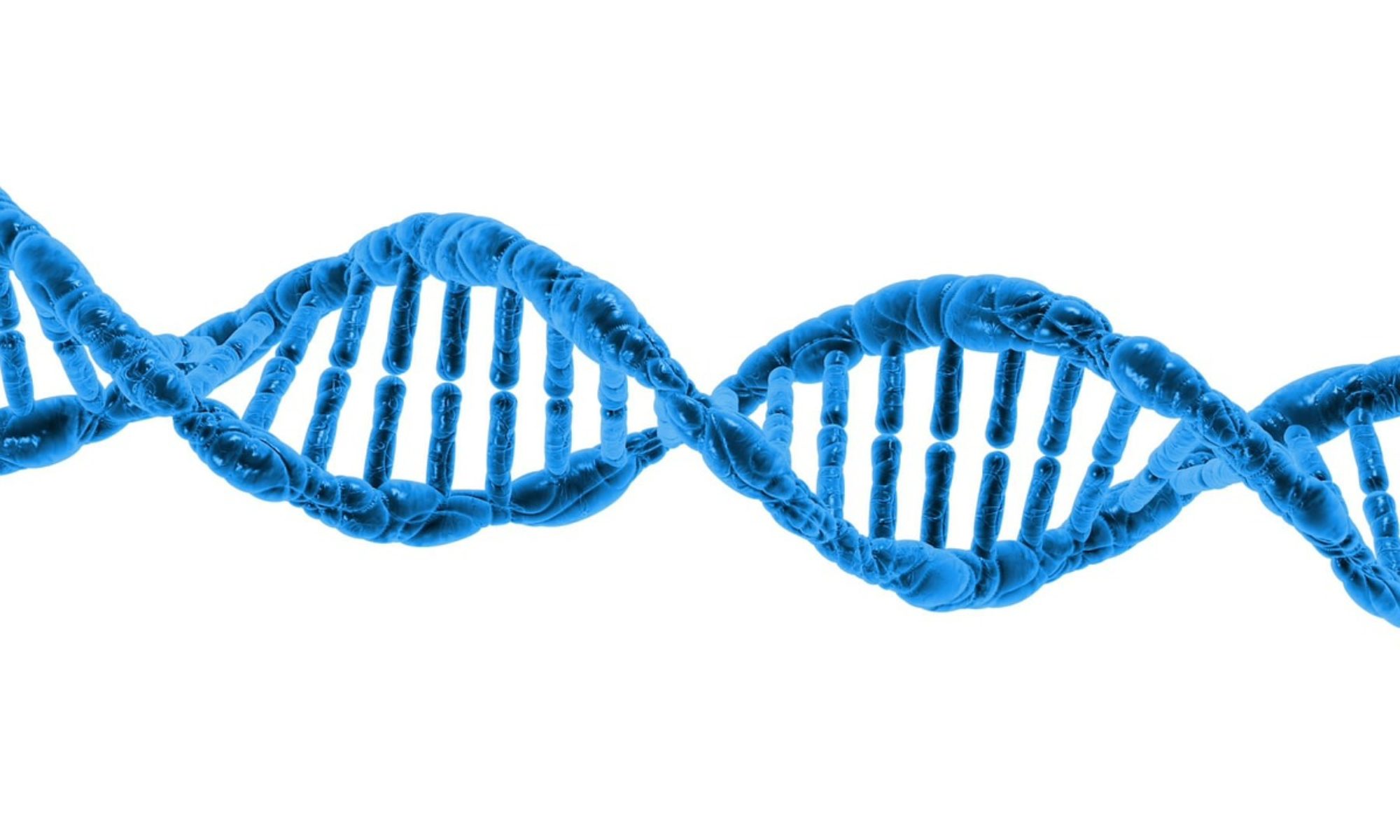In this post I report recent evidence suggesting that the natural supplement Berberine be considered as a treatment for Alzheimer’s symptoms .
What Is Berberine?
This is a natural compound found in the roots, stems, and the bark of various plants such as European barberry, goldenseal, Oregon grape, and tree turmeric. It also facilitates the production in the body of the AMPK enzyme found to be deficient in individuals confronting neurological challenges.
Available as an over the counter supplement in companies such as Life Extension for a modest cost.
Berberine supports healthy blood sugar metabolism which is another reason why researchers are suggesting its beneficial effects for Alzheimers.
Research on Berberine as aTreatment for Alzheimers
Below are listed abstracts of recent studies that recommend Berberine as a treatment for neurological conditions.
Int J Clin Pharmacol Ther. 2025 Sep;63(9):432-438. Anti-neurodegenerative treatment in Alzheimer’s disease: Multifaceted mechanisms of action of berberine
Abstract
Background: Berberine, a traditional Chinese medicine, has demonstrated significant therapeutic influences in treating diabetes, obesity, and diarrhea, among other conditions. It has exhibited potential therapeutic benefits for various neurodegenerative diseases, namely, Alzheimer’s disease (AD), Huntington’s disease (HD), and Parkinson’s disease (PD).
Aims: This study aims to elucidate the mechanism behind berberine pharmacological action in treating AD.
Materials and methods: We search the articles published in PubMed and CNKI and summarize the mechanism of berberine in AD.
Results: In recent years, as research into the pharmacology of berberine has deepened, researchers have discovered its strong neuroprotective properties. The ability of berberine to enhance cognitive function is thought to result from inhibiting the spread of AD-related proteins, reducing oxidative stress and inflammation, increasing choline levels, and regulating autophagy.
Conclusion: This review explores the latest research on berberine in AD, suggesting that berberine and its analogs may offer a promising new approach to treating the condition.
Front Pharmacol. 2022 May 20:13:845591. Berberine: A Promising Treatment for Neurodegenerative Diseases
Abstract
Berberine, as a natural alkaloid compound, is characterized by a diversity of pharmacological effects. In recent years, many researches focused on the role of berberine in central nervous system diseases. Among them, the effect of berberine on neurodegenerative diseases has received widespread attention, for example Alzheimer’s disease, Parkinson’s disease, Huntington’s disease, and so on.
Recent evidence suggests that berberine inhibits the production of neuroinflammation, oxidative, and endoplasmic reticulum stress. These effects can further reduce neuron damage and apoptosis.
Chem Biodivers. 2025 Aug;22(8):e202500170. Unraveling Berberine’s Molecular Mechanisms in Neuroprotection Against Neurodegeneration
Abstract
Neurodegenerative diseases (NDs) exhibit significant global public health challenges due to the lack of effective treatments. Berberine (BBR), a natural alkaloid compound in various plants, has been recognized for its potential neuroprotective properties.
This review explores the current understanding of BBR’s mechanisms of action and its therapeutic potential in preventing and treating NDs such as Alzheimer’s disease, Parkinson’s disease, and Huntington’s disease.
BBR’s neuroprotective properties are attributed to its multifaceted actions, including anti-inflammatory, antioxidant, antiapoptotic, and neurotrophic effects. In addition, BBR can influence many signaling pathways involved in neurodegeneration, including AMP-activated protein kinase (AMPK), nuclear factor erythroid 2-related factor 2, and brain-derived neurotrophic factor pathways. Furthermore, BBR targets vital signaling pathways, including AMPK, PI3K/Akt, and MAPK, which are essential for developing NDs.
In addition, BBR’s efficacy in reducing neurodegenerative pathology and improving cognitive function has been demonstrated through preclinical studies using cellular and animal models. Clinical trials demonstrating BBR’s therapeutic potential in NDs have yielded promising results.
Robert Rodgers PhD
Founder 2004
Parkinsons Recovery
https://www.parkinsonsrecovery.com
Road to Recovery from Parkinsons Disease
https://www.parkinsonsdisease.me

